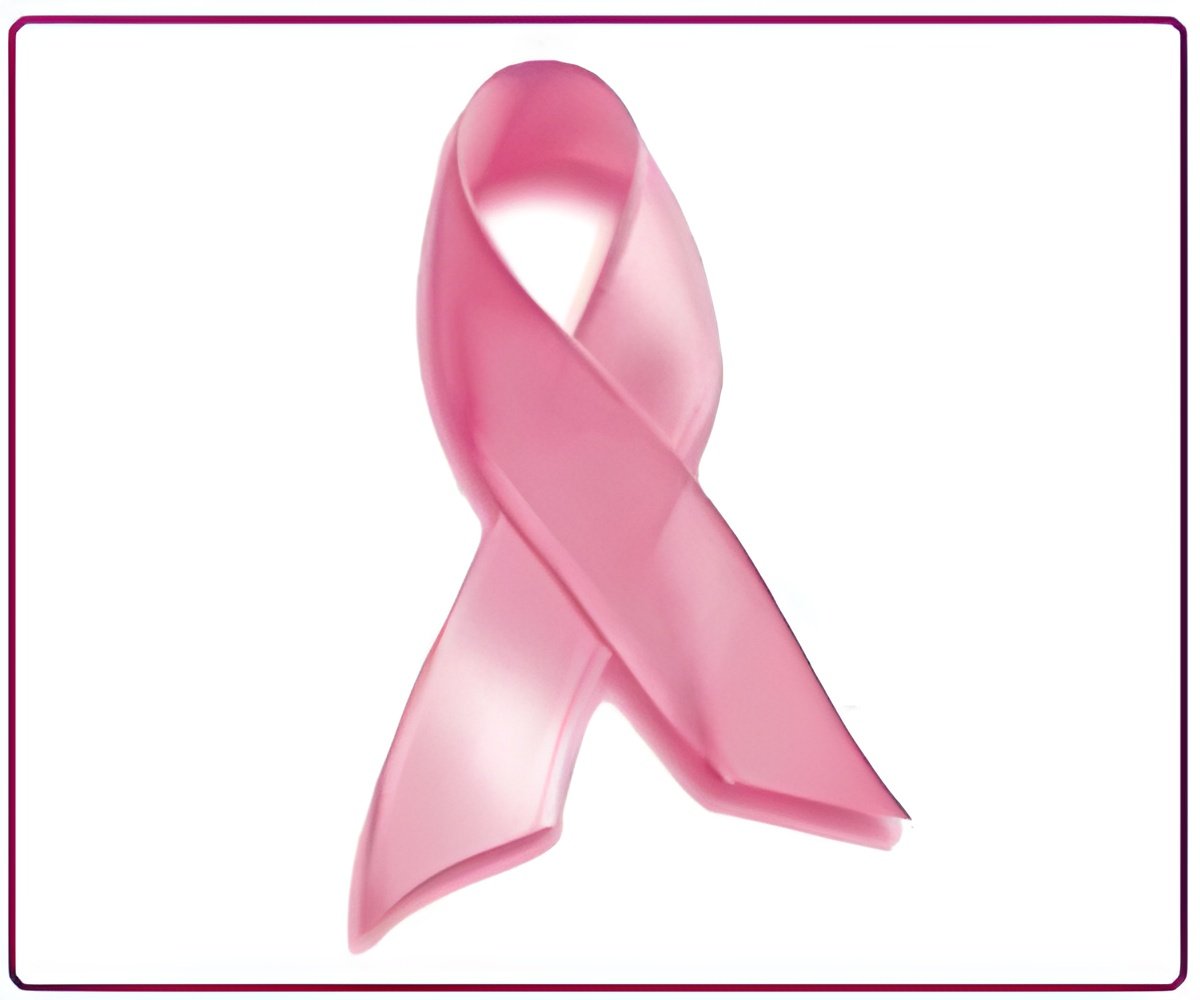Scientists have indicated that among the most important determinants of an individual's risk of cancer is family history, and the details of that history can affect recommendations

"We wanted to find out whether changes in a person's family history of cancer, over time, would affect the screening schedule and tests recommended by standard guidelines," says Dianne Finkelstein, PhD, of the Massachusetts General Hospital (MGH) Biostatistics Center, corresponding author of the JAMA report. "The results of our study could guide how often health care providers should update their patients' family histories."
The study investigators are all members of the National Cancer Institute-funded Cancer Genetics Network (CGN), which involves 14 academic medical centers in the U.S. Established in 1998, the CGN is a registry of thousands of individuals with a personal or family history of cancer. The researchers analyzed both the detailed family history information participants reported upon enrollment in the network – which reflected their cancer risk up until that time – and the updated information they provided on an annual basis over an average of eight years.
Analysis focused on colorectal, breast and prostate cancer, since the established screening guidelines for those common tumors can be affected by family history. For example, a 42-year-old woman with no family history of colorectal cancer would be recommended to have her first colonoscopy at age 50 and a repeat exam every 10 years. But if her 46-year-old brother is diagnosed with that cancer, the guidelines would call for her to have an immediate colonoscopy that should be repeated every 5 years. Women with a family history of breast cancer may need to add breast MRIs to their routine mammograms.
Sufficient data to determine risk of those three tumors were available for more than 11,000 CGN participants. Examining both the retrospective and prospective information reported by participants revealed that, between ages 30 and 50, the percentage of participants whose risk of colorectal cancer increased enough to affect screening recommendations more than tripled. Similarly the percentage of women in that age group with a change in breast cancer risk that would call for breast MRI increased almost 60 percent. A smaller but still significant increase in prostate cancer risk was seen in men aged 30 to 50.
The investigators note that, in addition to taking comprehensive family histories of new patients, primary care physicians or other health care providers should update those histories every five to ten years, particularly for patients between the ages of 30 and 50. "We hope this new information will help educate physicians to more frequently ask patients these important questions," says Sharon Plon, MD, PhD, of Baylor College of Medicine, senior author of the JAMA report. "As most health care systems are moving toward the use of electronic health records, there is tremendous potential to ensure that people at higher risk of cancer are being screened earlier and using the best methods."
Advertisement
Finkelstein adds, "Patients should be aware which of their close relatives have had cancer, the location or organ where the cancer started, and the age at which the relative was first diagnosed with cancer." Plon is a professor of Pediatrics and of Molecular and Human Genetics at Baylor College of Medicine, while Finkelstein is a professor of Medicine at Harvard Medical School and professor of Biostatistics at Harvard School of Public Health.
Advertisement
Source-Eurekalert









